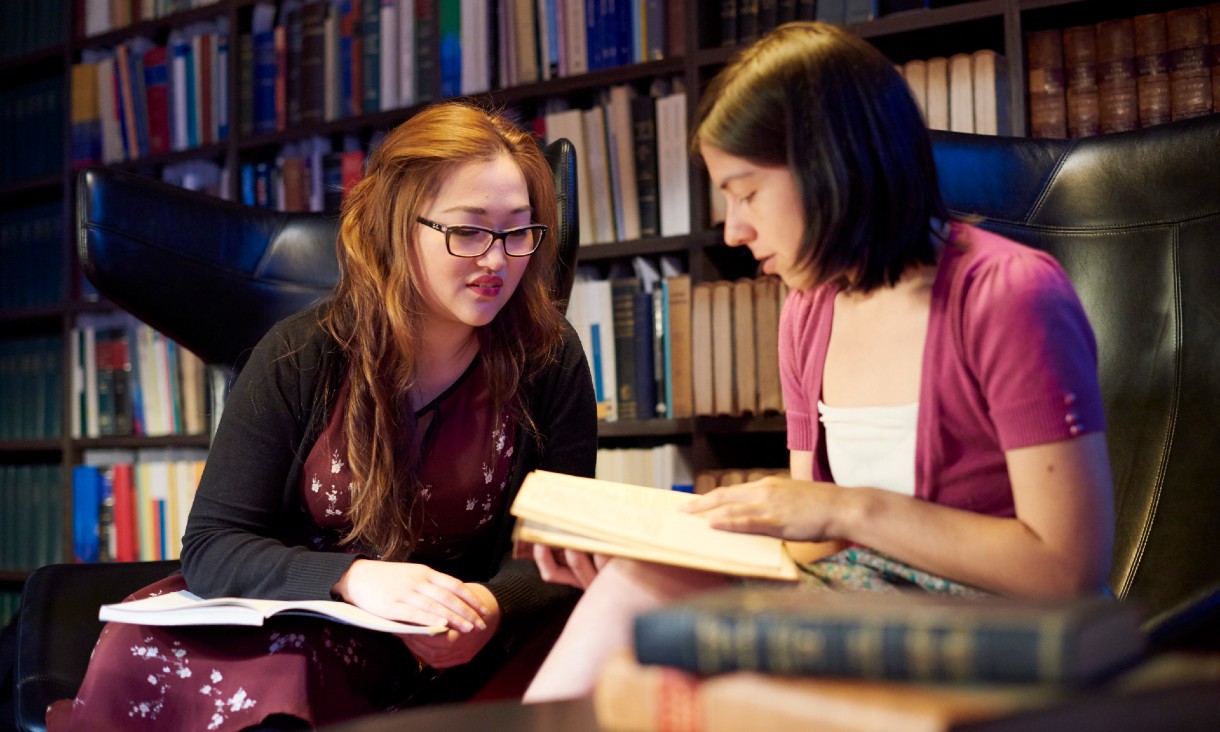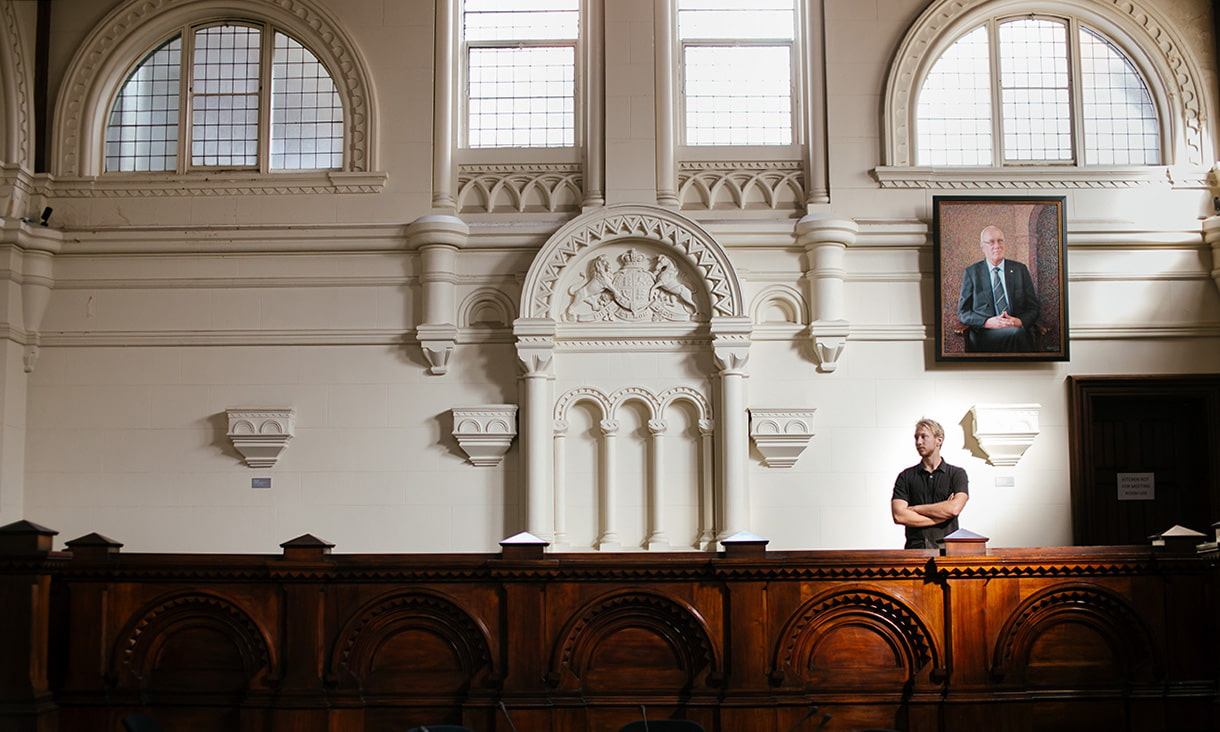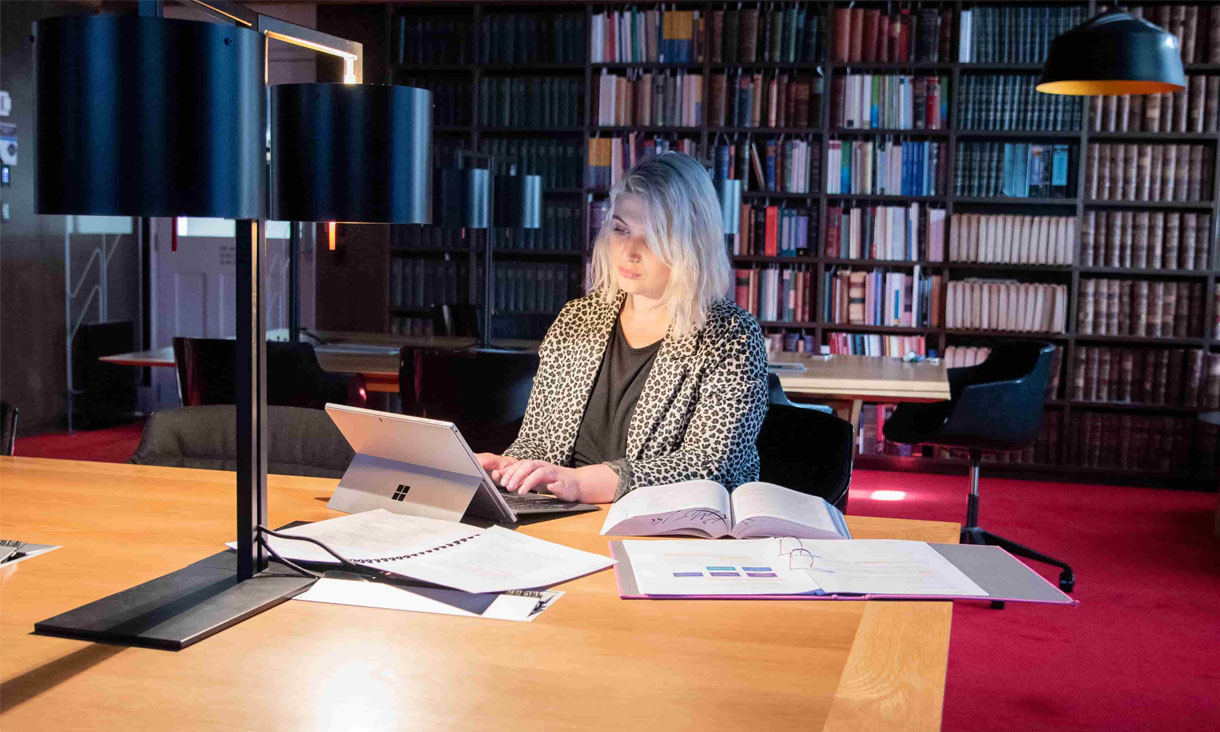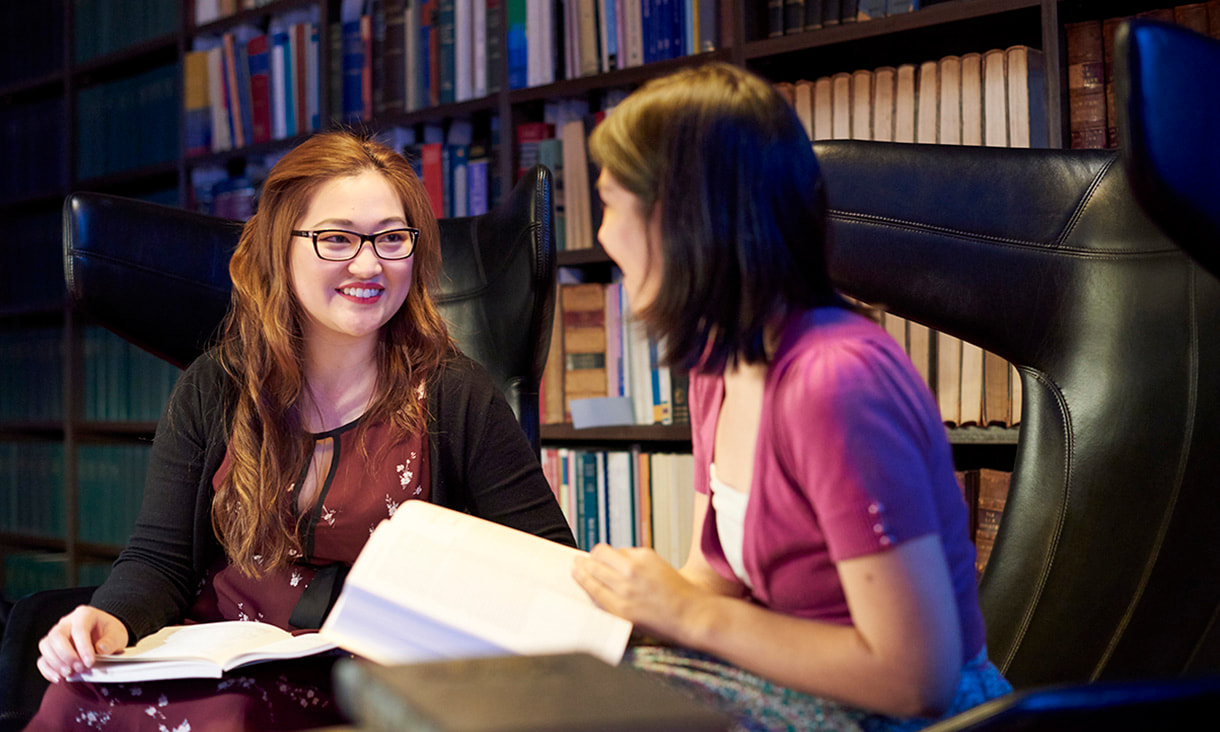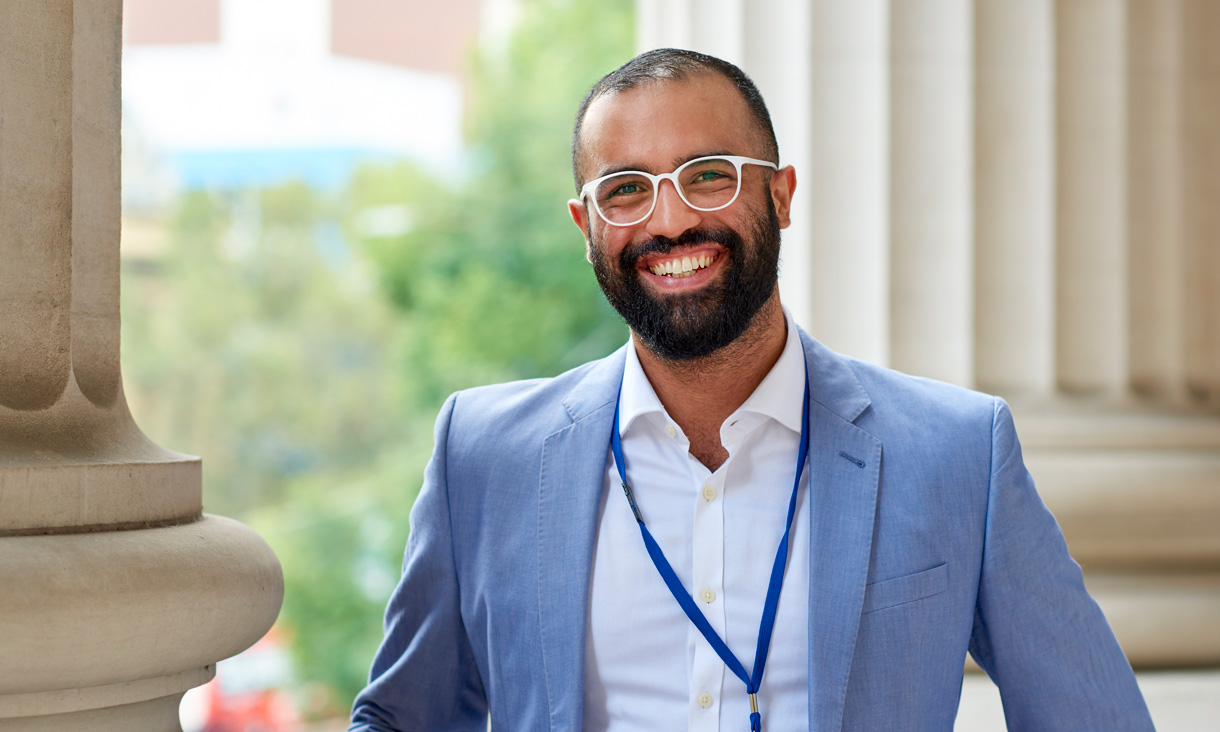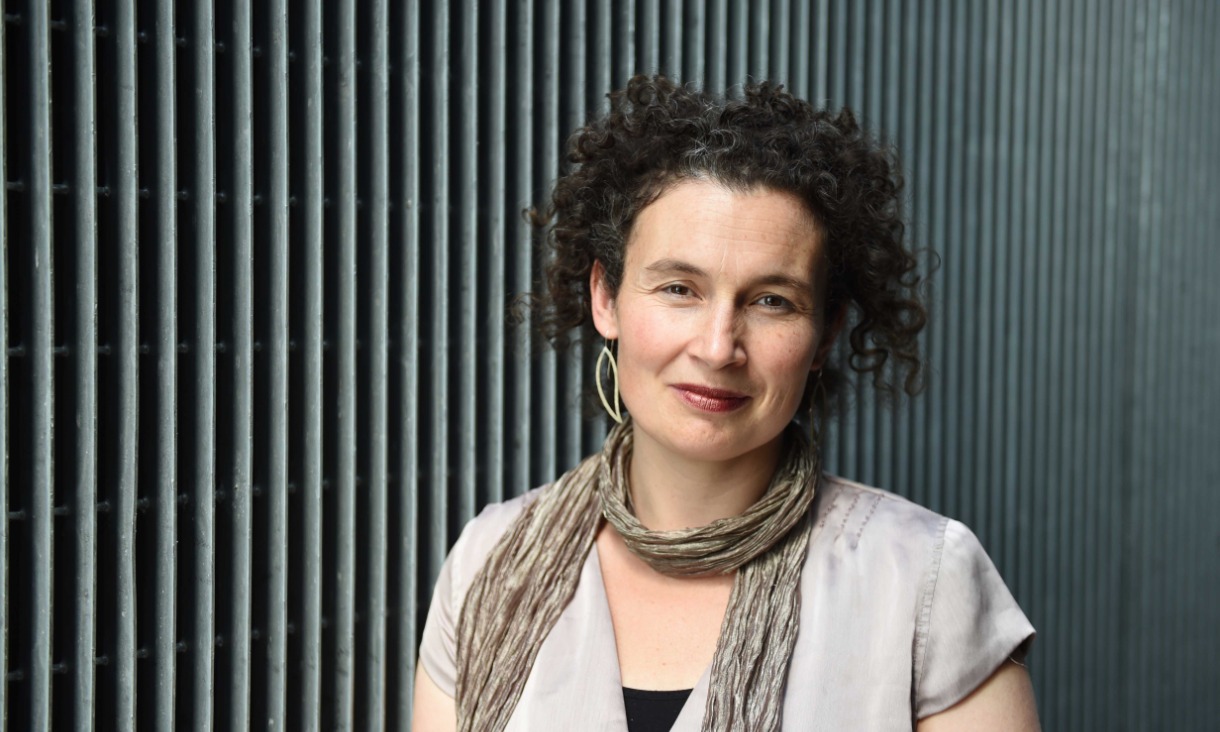Social and community
Leave a positive impact on people and communities by studying languages, community services, social work, urban design and more at the #1 university globally for commitment to reducing inequality*.
Business
Tailor your study for the future of business with industry-led courses in accounting, finance and management to blockchain, marketing and entrepreneurship.
Architecture
Develop advanced design skills and a rich understanding of the infrastructure supporting our growing population at Australia’s #1 university for Architecture and Built Environment studies*.



